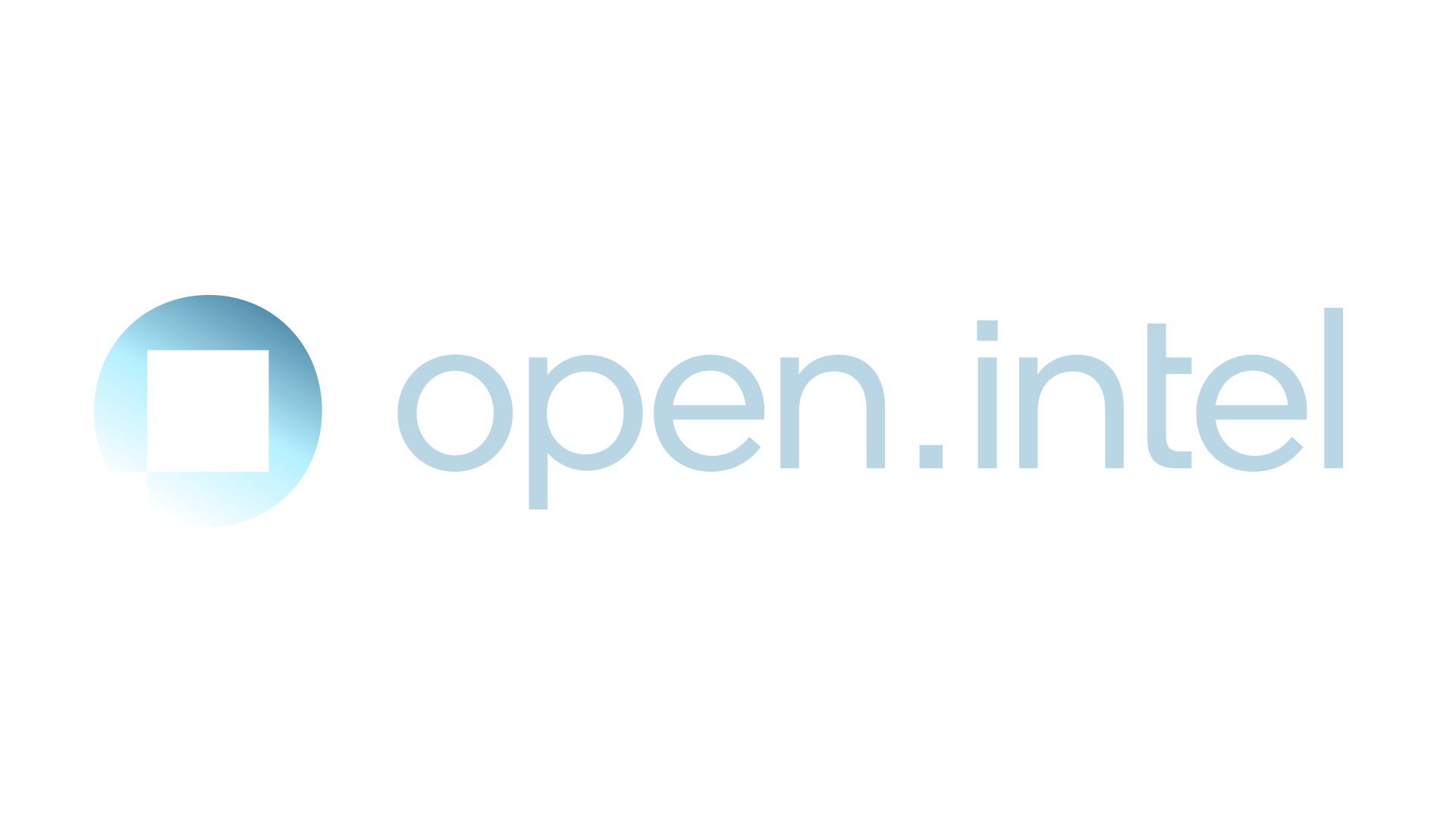Download for ACPI Component Architecture (ACPICA)
Source Code Tree
The current release of ACPICA is version 20251212.
The entire source code for the ACPICA project is maintained under the Git version control system in a single repository.
Note Depending on your needs, the head of the Git tree may or may not be appropriate. The Git tree is a working tree that grows as the next full release of ACPICA is constructed. Commits to the tree are made as individual bug fixes and features are completed.
The current head of the Git tree is not fully evaluated and may or may not work. Please use the latest release instead.
View the ACPICA Source Code on GitHub*
Direct Access to the Public ACPICA Git Repository
The Git repository can be directly accessed through git://github.com/acpica/acpica.git
For example:
git clone git://github.com/acpica/acpica.gitUNIX* Source Code Packages
UNIX* Format Source Code and Build Environment with an Intel License (.tar.gz, 1.94 MB)
Includes the entire ACPICA source, makefiles, and ACPI utilities.
UNIX Format Source Code and Build Environment with a Dual License (.tar.gz, 1.66 MB)
Includes the entire ACPICA source, makefiles, and ACPI utilities, with the dual license included in the module headers.
Note The unix2 source package is deprecated since the dual license, along with the Intel license, is now included in all source modules. This package will be removed from future ACPICA releases.
UNIX Format ASL Test Suite (.tar.gz, 1.91 MB)
Test suite used to validate ACPICA. This includes ASL files and project makefiles.
The UNIX or Linux* versions of the user-space ACPICA utilities can be built from the UNIX ACPICA source code package using the following instructions.
Requirements for generating ACPICA tools from source code:
- Default required C compiler:
- GNU Compiler Collection (GCC)*: version 4 or later
- For iASL, these versions of Flex and Bison are required:
- Flex: version 2.5.3 or later
- Bison: version 2.4.1 or later
- iASL has been generated with these recent versions of Flex and Bison:
- Flex: version 2.5.39
- Bison: version 3.0.4
Download and then unpack the UNIX Format Source Code and Build Environment package:
$ tar xzf acpica-unix-VERSION.tar.gz
To generate all of the tools:
$ cd acpica-unix-VERSION
$ make clean
$ make
To generate an individual tool (examples):
$ cd acpica-unix-VERSION
$ make iasl
$ make acpixtract
$ make acpiexec
$ make acpihelp
$ make acpisrc
$ make acpibin
To install the generated tools in /usr/bin:
$ cd acpica-unix-VERSION
$ make install
Linux* Support
Starting with the Linux kernel version 2.4, ACPICA is embedded within the Linux kernel. There is no specific Linux source code package for ACPICA. Instead, new ACPICA code is released to Linux by the ACPICA team through the following procedure:
- The Linux version of ACPICA is created from the UNIX release package—the code is converted to Linux format through an ACPICA utility (AcpiSrc) and lindent.
- Individual patches are created, merged with the current Linux source tree, and released to Linux.
The Linux versions of the user-space ACPICA utilities (iASL, AcpiExec, AcpiXtract, and so forth) can be built from the UNIX ACPICA source code package.
Windows* Source Code Packages
Windows* Format Source Code and Build Environment (.zip, 3.09 MB)
Includes the entire ACPICA source, Microsoft Visual C++* project files, and ACPICA utilities.
Windows Format Test Suite (.zip, 3.29 MB)
Test suite used to validate ACPICA. This includes ASL files and project makefiles.
The Windows versions of the user-space ACPICA utilities can be built from the Windows ACPICA source code package via the following instructions.
The Microsoft Visual Studio* 2017 project file is located here:
generate/msvc2017/AcpiComponents.sln
The Windows versions of GNU Flex/Bison must be installed, and they must be installed in a directory that contains no embedded spaces in the pathname. They cannot be installed in the default c:\Program Files directory. This is a bug in Bison. The default Windows project file for iASL assumes that these tools are installed at this location:
c:\GnuWin32Once the tools are installed, ensure that this path is added to the default system $PATH environment variable:
c:\GnuWin32\bin
At this point, you will need to reboot Windows to make the system aware of the updated $PATH.
iASL has been generated with these versions of Flex or Bison for Windows:
Windows Binary Tools
The Windows versions of the various tools are zipped in a single file that is available here:
iASL Compiler and Windows ACPI Tools (.zip, 1.31 MB)
Major tools and utilities:
- iASL - ACPI Source Language Compiler, ACPI Table Compiler, and AML Disassembler
- AcpiExec - Load ACPI tables and run control methods from the user space
- AcpiDump - Obtain system ACPI tables and save them in an ASCII hex format
- AcpiXtract - Extract binary ACPI tables from an ASCII acpidump
- AcpiHelp - Help utility for ASL operators, AML opcodes, and ACPI Predefined Names
Miscellaneous utilities:
- AcpiSrc - Convert ACPICA code to Linux format
- AcpiBin - Miscellaneous manipulation of binary ACPI tables
Documentation and demo code:
- changes.txt - ACPICA release log file
- badcode.asl - Demo ASL file containing iASL error detection examples
UEFI Support
 |
Explore the world of Intel’s open platform projects, contributions, community initiatives, and more at open.intel.com. |